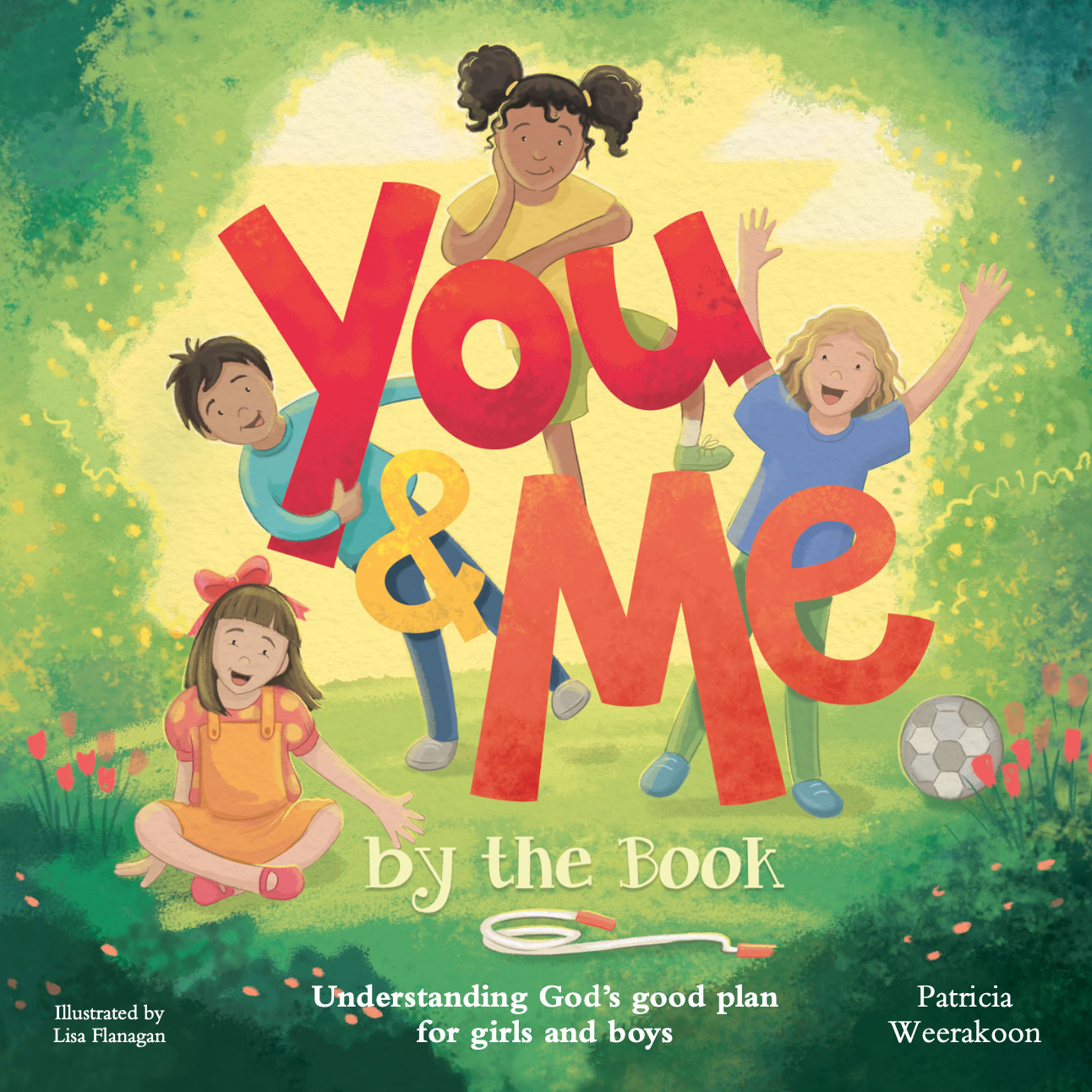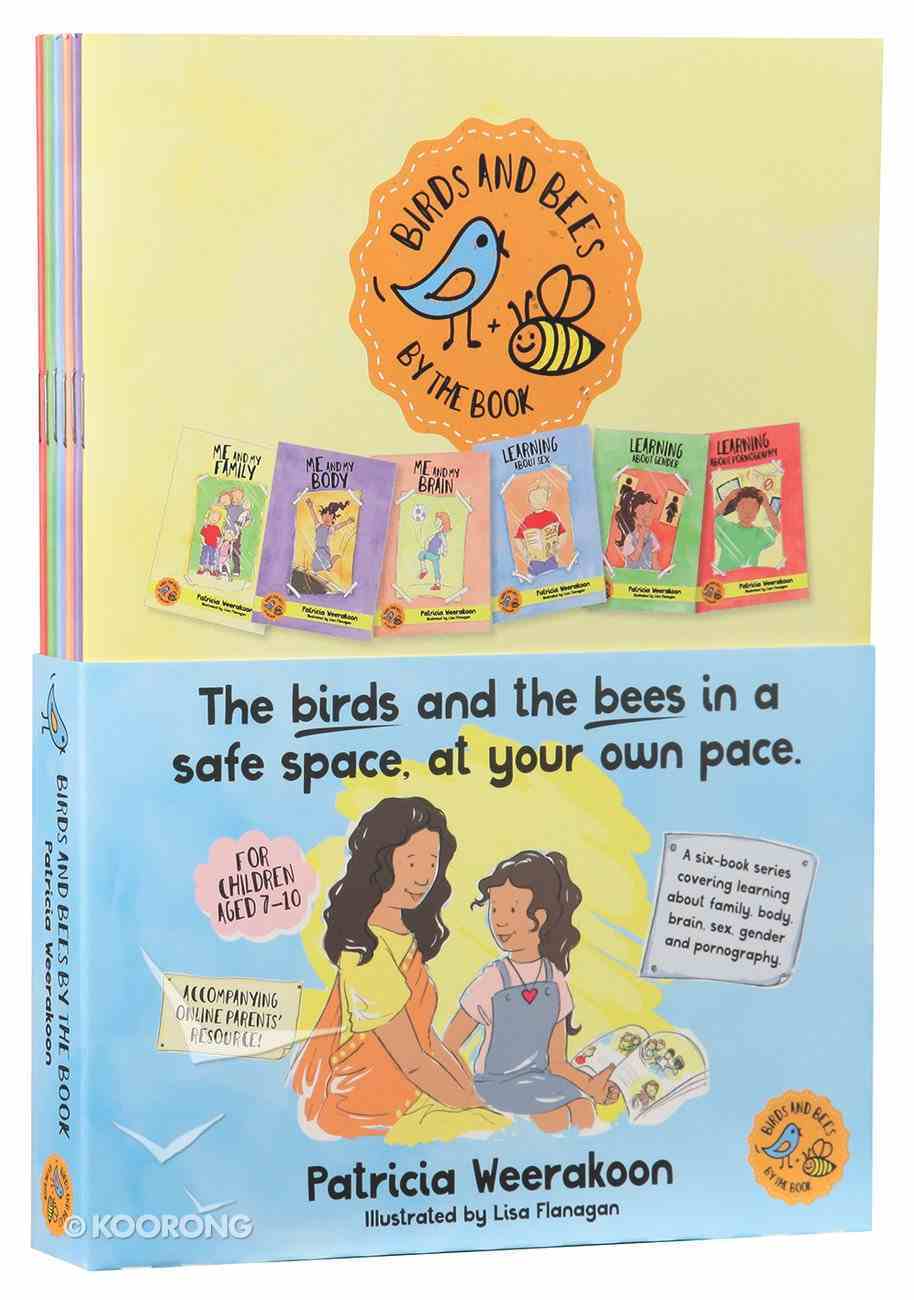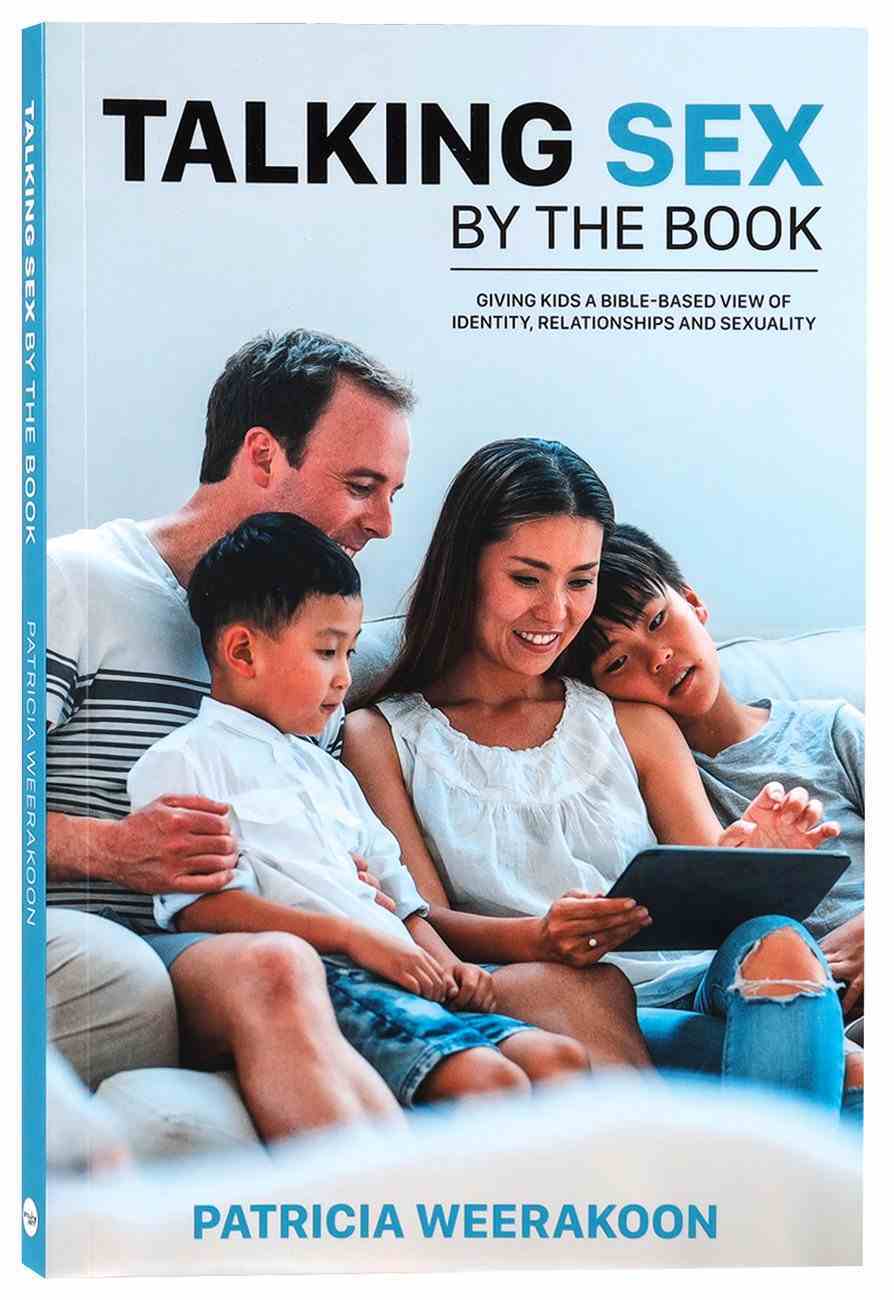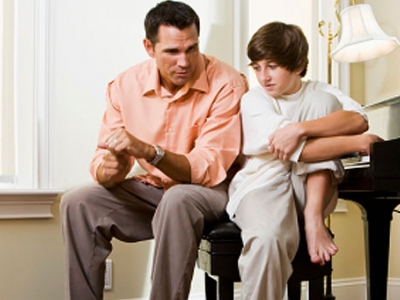
A healthy gender identity starts now ... with you!
Preparing your pre-teen for puberty.
Do you have a pre-teen or ‘tween’ living in your house? Are you worried about how to deal with adolescence? Don’t panic! While puberty can be a confusing time, your loving guidance will help your child to grow into the man or woman God made them to be. You have an opportunity now to help them build a healthy gender identity before puberty hits.
Why are pre-teens vulnerable to gender ideology?
Children who are about to start puberty (ages 10–12) are particularly vulnerable to gender ideology: the belief that you can be ‘born in the wrong body’ and should change your body to match your innate inner feeling of ‘gender identity’.
To begin with, pre-teens have a rapidly developing brain and are sensitive to what is happening within and around them. At this age, children have a normal, natural ‘body angst’ about how their body compares to others and how it is going to change during puberty.
On top of that, many pre-teens are immersed in the world of social media, which encourages them to be discontented with their bodies and to question their gender. Spending a lot of time online, whether on Tiktok, Instagram and Youtube or playing video games, can also condition children, especially those who are uncomfortable with their bodies, into seeing their bodies not as a good gift from God, but as something that can be created and recreated however they like; the line between fantasy and reality is blurred.
What are pre-teens hearing about gender, sex and puberty?
Today’s pre-teens are being told that if you don’t conform to narrow gender stereotypes, then you must actually be the other gender, trapped in the wrong body. If you’re a boy who dislikes rough-and-tumble play and likes tea parties and dancing, then you must really be a girl. If you’re a girl who doesn’t like pink or Barbies, but likes climbing trees then you must really be a boy.
Pre-teens are also hearing that puberty—a normal, natural stage of life—is an optional inconvenience that can be paused at will. (Medically speaking, this is completely untrue. Artificially blocking a child’s puberty has serious side-effects; puberty cannot simply resume where it left off.)
Sadly, pre-teens are also living in a pornified culture where girls think women are expected to look like porn stars and tolerate pornified behaviour from men. Many boys are following online influencers who promote ‘macho’ and misogynistic expressions of masculinity.
Into this fraught environment comes transgender ideology promising a way to relieve your body angst, fix your gender non-conformity, avoid puberty and escape the negative visions of womanhood or manhood that frighten you. It’s no wonder that some children (especially girls) find this offer attractive.
What role do parents play?
This is not the time to be complacent or ignorant; we need to be proactive. Your child is hearing loud and damaging messages from the world around them—from social media, their peers, TV shows and movies, the books in the library and even from their schoolteachers.
Do you know what books are available in your school or council library? Do you know what your children are being taught about gender at school? Do you know what your children are hearing on social media? Have you asked yourself whether they are really mature enough to have a phone with access to the internet (read: pornography) or a social media account?
The messages from without may be loud, but it is the example and teaching of parents that lays the strongest foundation for a child’s understanding of sex, gender and puberty. Simply talking with your children about these topics can help them to see how God’s way is much better than the world’s way. You can help your kids to embrace their body just the way it should be, even if they don’t fit a narrow gender stereotype.
Parents, talk early and talk often to pre-teens about the vulnerability of their developing brain, the dangers of social media and above all, the beauty of normal puberty. It’s not about delivering a series of one-sided lectures, but building a relationship of trust where our children feel safe to ask any question. An easy way to broach the topic is to simply ask a question like:
Have you heard about …? What are you friends saying about …? How are you feeling about …? Can I tell you a story about when I was your age?
My book Growing Up by the Book is designed to help you and your pre-teens have these important conversations.
What do our pre-teens need to know?
Our beloved sons and daughters need to know that puberty is normal and natural. It can be a confronting time, but we, their parents, understand the changes they are experiencing and will walk beside them through it all. We are there to show them unconditional love, and to tell them that God loves them just the way they are.
Our children need to know that everybody experiences puberty at a different rate and in the end, not all men or all women look and behave the same. There is a huge range in how people express their manhood or womanhood. So enjoy how God has made you! Do what you want to do, not what you think you are expected to do!
Neither your body angst nor your behaviour is your identity. Your identity is in being a beloved and unique child of God, who is fearfully and wonderfully made.
Our pre-teens also need to know that their bodies are a good gift from God. Being a boy or girl, man or woman is great! We have special parts with the ‘superpower’ of being capable of creating and nurturing new life. Interfering with our bodies’ natural development and healthy functioning is not the best way to resolve feelings of discomfort.
Finally, our children need to know that living God’s way will save them from a lot of pain. God’s design for puberty, gender and sex is good! Embracing the body that God has given us, even as it changes, and saving sex for the committed, trusting relationship of marriage, will spare us from a lot of physical and emotional pain.
Do you really believe this? Then tell it to your children! A healthy gender identity starts now … with you!
We have a range of resources to help you do this with children of any age:
---
This article was written by Harriet Connor, based on an interview with Patricia Weerakoon.
Patricia Weerakoon is a renowned counsellor, sex therapist and academic. She is a popular conference speaker and the author of several books, including The Gender Revolution (2023), Teen Sex by the Book (2013) and Talking Sex by the Book (2020).
Harriet Connor is the Content Editor for Growing Faith and the author of Families in God's Plan: 12 Foundational Bible Studies and Big Picture Parents: Ancient Wisdom for Modern Life (Wipf and Stock, 2017). She lives on the Central Coast of NSW with her husband and four sons.

Growing Up by the Book
Renowned sex therapist and educator Patricia Weerakoon answers the most common questions kids aged 10-14 have about puberty, sex and relationships. She’ll get you thinking about how you see your body, what you feed your brain, and who you base your identity on.

You and Me by the Book
In You and Me by the Book, children learn that God had created them right from the beginning to be either a boy or a girl, regardless of how they feel or what they like to do.

Birds and Bees by the Book
Designed for parents and carers to read with children aged 7 to 10, Birds and Bees by the Book has been created to help you to have these conversations at your own pace.

Growing Up by the Book
Renowned sex therapist and educator Patricia Weerakoon answers the most common questions kids aged 10-14 have about puberty, sex and relationships.

Teen Sex by the Book
As a teenager, sex surrounds you: it’s not something you need to go looking for. Perhaps you think you know it all ... or maybe that’s just the impression you give your friends. This book answers your questions about teenage sexuality and relationships.

Talking Sex by the Book
Every parent faces the need to talk to their child about sex at one point or another. With so many complex questions and scenarios confronting today’s children, these conversations are becoming more and more crucial.
For more articles from Growing Faith, subscribe to our monthly e-newsletter.
To hear about the latest books and resources from Youthworks Media, subscribe here.








